
Anna Gibbs
Science writing intern, Spring 2022
Anna Gibbs was the spring 2022 science writing intern at Science News. She holds a B.A. in English from Harvard College and a master’s in science, health and environmental reporting from New York University.

Trustworthy journalism comes at a price.
Scientists and journalists share a core belief in questioning, observing and verifying to reach the truth. Science News reports on crucial research and discovery across science disciplines. We need your financial support to make it happen – every contribution makes a difference.
All Stories by Anna Gibbs
-
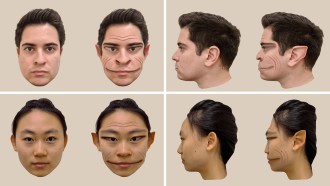 Health & Medicine
Health & MedicineHere’s what distorted faces can look like to people with prosopometamorphopsia
A patient with an unusual variation of the condition helped researchers visualize the demonic distortions he sees when looking at human faces.
-
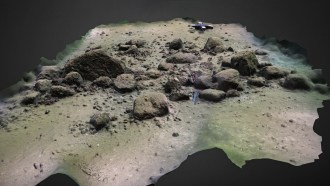 Archaeology
ArchaeologyThis Stone Age wall may have led Eurasian reindeer to their doom
Hunter-gatherers living 10,000 years ago in what is now Germany probably used the wall to trap reindeer in a nearby lake.
-
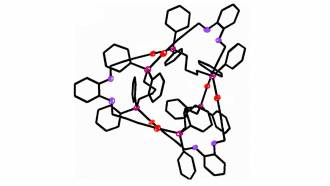 Chemistry
ChemistryThe smallest known molecular knot is made of just 54 atoms
Chemists are still trying to figure out why this combination of gold, phosphorus, oxygen and carbon atoms resulted in a molecular knot in the first place.
-
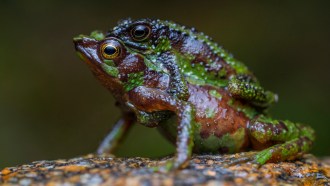 Animals
AnimalsA global report finds amphibians are still in peril. But it’s not all bad news
A survey of about 8,000 amphibian species provides the latest update on extinction risk trends stretching back to 1980.
-
 Humans
HumansLauren Schroeder looks beyond natural selection to rethink human evolution
Paleoanthropologists studying the fossil record have long focused on natural selection, but other processes play a big role too.
-
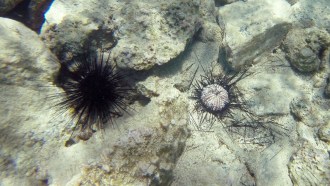 Animals
AnimalsUrchins are dying off across the Caribbean. Scientists now know why
A type of single-celled microorganism associated with coral diseases is behind a sea urchin die-off in the Caribbean.
-
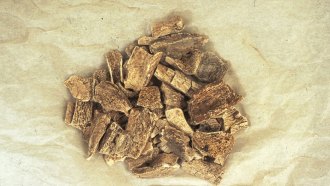 Archaeology
ArchaeologyVikings brought animals to England as early as the year 873
A chemical analysis of cremated remains offers physical evidence of the arrival of Norse animals to England in the ninth century.
-
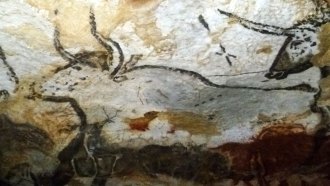 Archaeology
ArchaeologyMysterious marks on Ice Age cave art may have been a form of record keeping
Hunter-gatherers during the Ice Age may have recorded when prey mated and gave birth, suggesting that these people possessed complex cognitive skills
-
 Chemistry
ChemistryJosep Cornella breaks boundaries to make new and better catalysts
Josep Cornella reinvents chemical reactions essential for agriculture and the pharmaceutical industry.
-
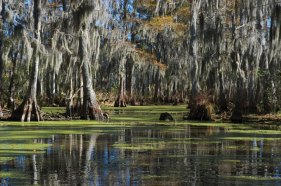 Ecosystems
Ecosystems‘Fen, Bog & Swamp’ reminds readers why peatlands matter
In her latest book, author Annie Proulx chronicles people’s long history with peatlands and examines the ecological value of these overlooked places.
-
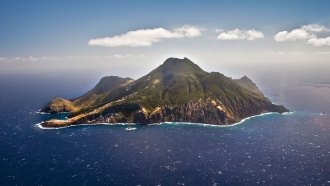 Ecosystems
EcosystemsA Caribbean island gets everyone involved in protecting beloved species
Scientists on Saba are introducing island residents to conservation of Caribbean orchids, red-billed tropicbirds and urchins.
-
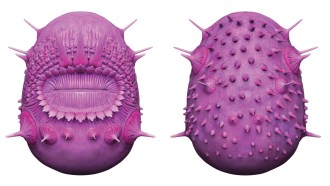 Paleontology
PaleontologyThis bizarre ancient critter has been kicked out of a group that includes humans
A wee sea creature without an anus was thought to be the oldest deuterostome. New imaging showing it had spines led to its reclassification.